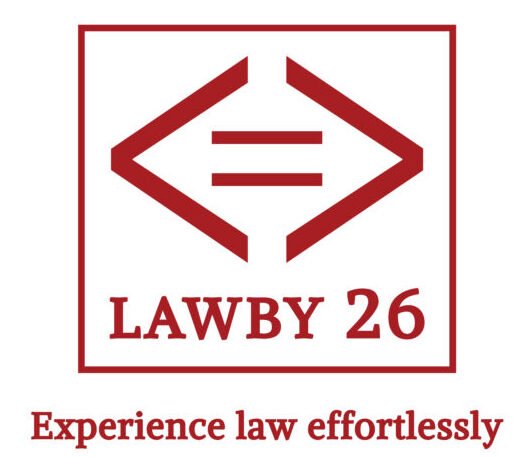When going on a long road trip, it’s not just the fuel we must spend on; there is also the toll. What are these tolls? Road charges are paid as tax when we use highways and other roads, tunnels or even bridges connecting one state to the other. These toll taxes and other road policies come under the scope of the NHAI- National Highway Authority of India. Multiple roads and highways have recently been built, making travel convenient for personal use and trade. So, to maintain these roads as they are to attain maximum benefit, there is a small price paid by everyone who uses these roads. Since these roads are always maintained and kept well, it ensures safety for the passengers. There is always a debate about whether toll taxes tax people twice as much as they are paying road taxes. However, there are significant differences between the road and toll taxes. Road tax is a one-time payment made when registering the vehicle, whereas toll is paid each time a particular road or highway is used. Road tax forms a part of the state revenue, but the toll is collected for the maintenance and development of the road. The Indian Tolls Act 1851, with amendments made in 1864, discusses the power to cause levy of tolls and bridges within specific rates, exemptions from toll payment and penalties, etc.; recently, in ACIT v. Progressive Constructions Ltd (ITAT Hyderabad) [ITA No. 1845/Hyd/2014], it was ruled that the right to collect toll charges should be classified as intangible assets and is a business and commercial right. This concludes that the toll charges come into the picture only after the road is fully completed. A country can not just grow if one person decides; it’s every citizen’s collective effort and contribution, and toll is an excellent example.
Done By: Anoushka Samyuktha, B.A LL.B (Hons), LLM (Criminal Law), Junior Legal Consultant
For Origin Law Labs



